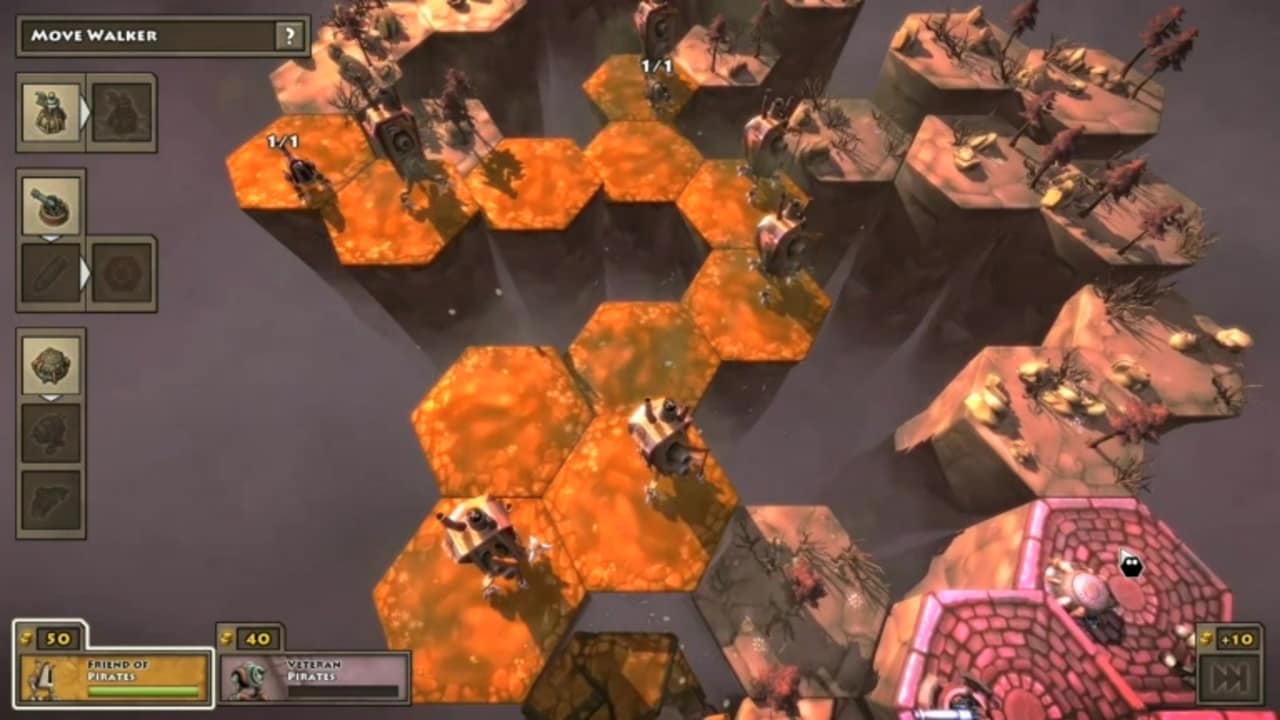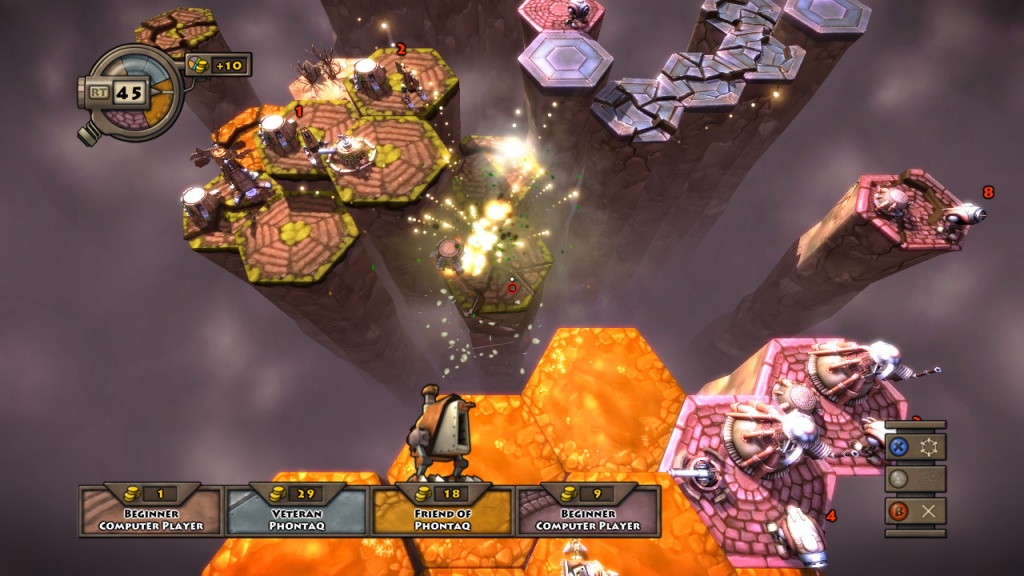
He leaves the station and encounters Lewis, who addresses him as Murphy. During maintenance, RoboCop experiences a nightmare of Murphy's death.

Lewis suspects he is Murphy, recognizing the unique way he holsters his gun, a trick Murphy learned to impress his son. RoboCop is assigned to Metro West and hailed by the media for his brutally efficient campaign against crime. A fourth prime directive, Directive 4, is classified. RoboCop is programmed with three prime directives: serve the public trust, protect the innocent, and uphold the law. Morton has Murphy's corpse converted into RoboCop, a powerful and heavily armored cyborg with no memory of his former life. The gang ambushes and tortures Murphy until Boddicker fatally shoots him. Murphy and his new partner, Anne Lewis, pursue notorious criminal Clarence Boddicker and his gang-Emil Antonowsky, Leon Nash, Joe Cox and Steve Minh. Meanwhile, officer Alex Murphy is transferred to the Metro West precinct. ED-209 malfunctions and brutally kills an executive, allowing ambitious junior executive Bob Morton to introduce the Chairman ("The Old Man") to his own project: RoboCop. OCP Senior President Dick Jones demonstrates ED-209, a law enforcement droid designed to supplant the police. Overwhelmed by crime and dwindling resources, the city grants the mega-corporation Omni Consumer Products (OCP) control over the Detroit Police Department. In a near-future dystopia, Detroit is on the brink of societal and financial collapse. A direct sequel to the original 1987 film, tentatively titled RoboCop Returns, is in development as of 2020 it ignores other entries in the series. The success of RoboCop created a franchise comprising the sequels RoboCop 2 (1990) and RoboCop 3 (1993), children's animated series, multiple live-action television shows, video games, comic books, toys, clothing, and other merchandise.

Since its release, the film has been analyzed for themes including the nature of humanity, personal identity, corporate greed, and corruption, and is seen as a rebuke of the policies of Ronald Reagan. The film was nominated for several awards, and won an Academy Award as well as numerous Saturn Awards. Reviews praised the film as a clever action film with deeper philosophical messages and satire but were more conflicted over the extreme violence throughout. RoboCop was a financial success upon its release in July 1987, earning $53.4 million. Despite predicted difficulties in marketing the film, particularly because of its title, the film was expected to perform well based on pre-release critic screenings and positive word of mouth. Even so, censorship boards believed it was too extreme, and several scenes were shortened or modified to secure an acceptable theatrical rating. Verhoeven emphasized violence throughout the film, making it so outlandish it became comical. Rob Bottin led the special-effects team in creating practical effects, violent gore, and the RoboCop costume.

Filming took place between August and October 1986, mainly in Dallas, Texas. Finding a director proved difficult Verhoeven dismissed the script twice because he did not understand its satirical content until convinced of it by his wife. Their script was purchased in early 1985 by producer Jon Davison on behalf of Orion Pictures. The film was conceived by Neumeier while working on the set of Blade Runner (1982), and he developed the idea further with Miner. Unaware of his former life, RoboCop executes a brutal campaign against crime while coming to terms with the lingering fragments of his humanity. Set in a crime-ridden Detroit, in the near future, RoboCop centers on police officer Alex Murphy (Weller) who is murdered by a gang of criminals and subsequently revived by the megacorporation Omni Consumer Products as the cyborg law enforcer RoboCop. The film stars Peter Weller, Nancy Allen, Daniel O'Herlihy, Ronny Cox, Kurtwood Smith, and Miguel Ferrer. RoboCop is a 1987 American science fiction action film directed by Paul Verhoeven, with a screenplay by Edward Neumeier and Michael Miner.


 0 kommentar(er)
0 kommentar(er)
